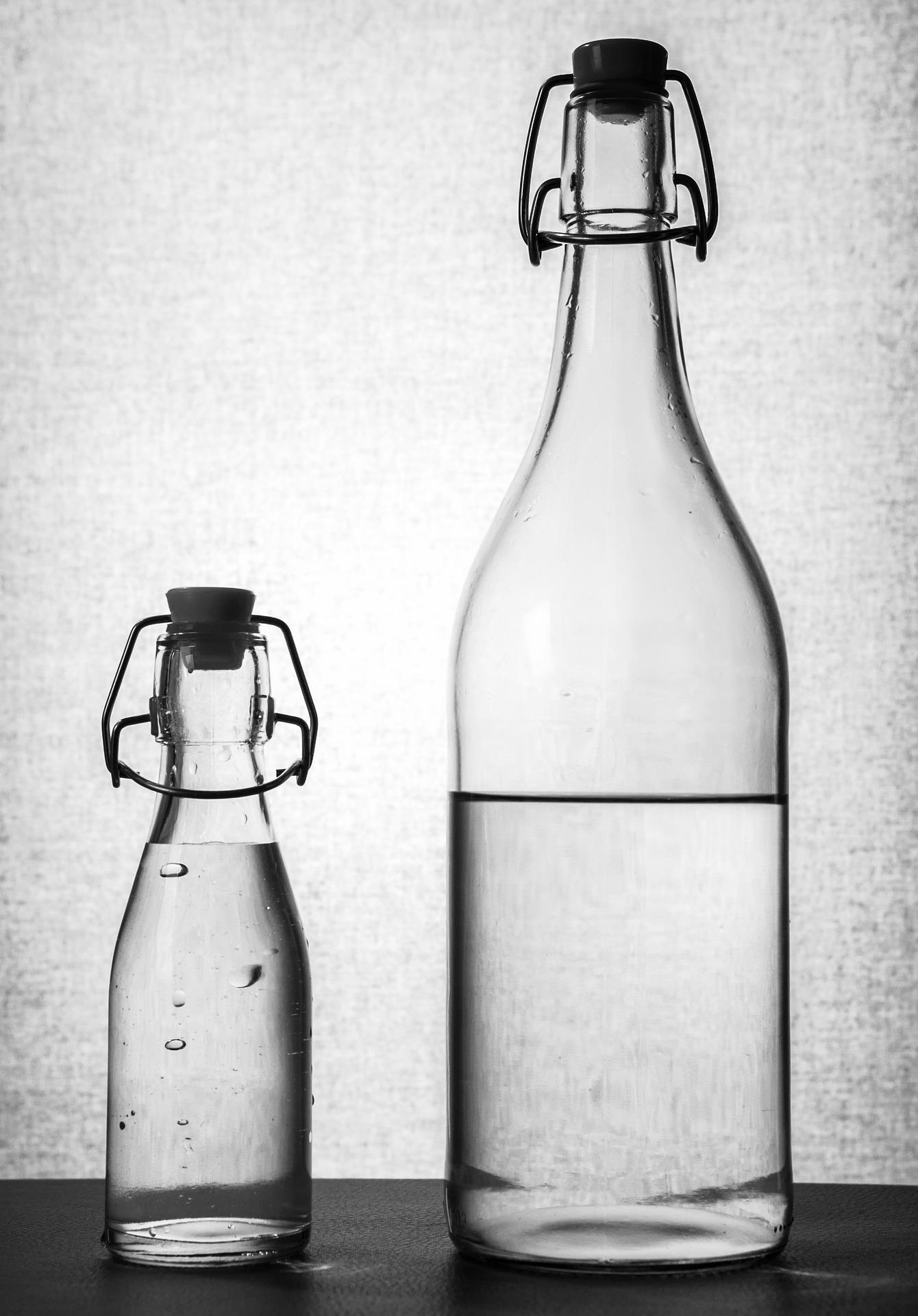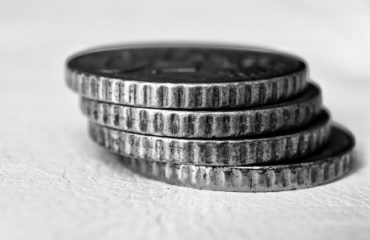The so-called the “sugar tax” raises, in practice, some interpretation doubts.
Pursuant to Art. 12a (1) of the Public Health Act, the fee applies to the marketing of certain beverages (with added sugars, sweeteners, caffeine or taurine) on the domestic market. A drink is a product in the form of a drink and a syrup that is a foodstuff, included in the Polish Classification of Goods and Services (PKWiU) in classes 10.32 and 10.89 and in section 11, which contains at least one of the indicated substances, excluding substances present in them naturally.
The first questionable point was the understanding of the concept of “syrup”. The Ministry of Health in the published explanation specified that the syrup covered by the fee is understood as a flavored food intended for possible dilution with water or used as an additive to drinks or desserts (legal explanation of the Minister of Health regarding the application of the so-called sugar fee of February 23th, 2021, ref.: ZPN.611.55.2021).
Another question was related to powdered products (such as soups or drinks), for which water is needed. Here, too, an approach has evolved whereby they are not considered to be levied drinks. This is mainly due to the fact that it is difficult to consider a product that is not a liquid (but a powder) as a drink. At the same time, such a position was confirmed by the Ministry of Health, expressed in the above letter.
Finally, the question arises as to what approach to take with gels? Gels are food products, but can they be considered drinks?
The provisions of the Public Health Act do not define the term “gel”. Referring to the term “dictionary” (“Dictionary of the Polish language” edited by W. Doroszewski) we obtain the information that “gel” is “a system formed by the coagulation of colloidal particles dispersed in the liquid phase”. Thus, a gel is a colloidal system, a gel is solids and liquids interpenetrating one another.
As for the concept of “drink”, the Director of the National Tax Information in the individual interpretation of August 2, 2021 (reference number 0111-KDSB1.-1.4019.46.2021.3.WF) accepts the position that the product should be considered a drink if it is: (i) in a liquid form taking the shape of the receptacle containing them; (ii) intended for human consumption to quench thirst.
Therefore, the gel should not be considered a “drink” within the meaning of the abovementioned regulation. The gel does not take the shape of a vessel. Moreover, gels are not used to satisfy thirst – they often serve, for example, for a quick supply of energy or minerals. Such an interpretation may also be consistent with the legislator’s goal of charging “junk food” with a fee, contributing to the emergence of civilization diseases. If these gels are to provide energy and nutrients (for example to people who play sports), they should not be considered “junk food”.
Such classification of gels should not be hindered by the classification of a given gel as part of the PKWiU grouping referred to in Art. 12b paragraph. 1 of the indicated act. This provision creates two separate conditions – being a drink and classification within one of these groupings.
For some time, there was no official confirmation of this position. It is therefore worth noting that on February 9th, 2022 the Director of the National Tax Information issued an individual interpretation (reference number 0111-KDSB1-1.4019.186.2021.2.MF), in which he unequivocally confirmed that gels are not subject to a fee, because they are not drinks.



